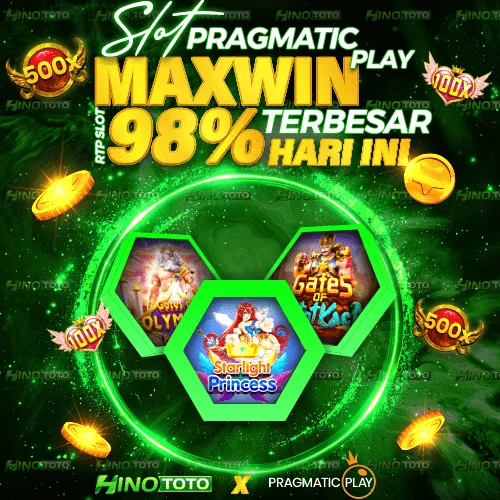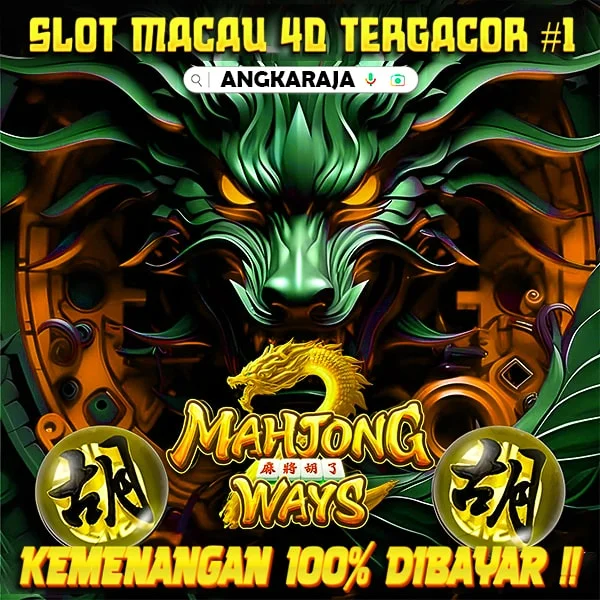Evolusi Best Games PlayStation Games Selama Beberapa Generasi Terbaru
Sejak era PlayStation 2 hingga PlayStation 5, PlayStation games selalu menghadirkan best games dengan teknologi terbaru. aman69 Setiap generasi menampilkan peningkatan visual, audio, dan sistem kontrol sehingga gameplay lebih realistis dan imersif. Best games dari PlayStation selalu menggabungkan cerita mendalam, eksplorasi dunia terbuka, dan karakter yang berkembang. Inovasi ini membuat setiap judul terasa unik, menghadirkan pengalaman emosional dan petualangan yang tidak bisa ditemukan di platform lain. Kombinasi kualitas grafis, gameplay, dan cerita membuat PlayStation tetap menjadi rujukan standar industri.
Beberapa judul modern PlayStation games masuk kategori best games karena narasi memikat dan mekanisme bermain inovatif. Horizon Forbidden West menampilkan dunia futuristik luas dengan visual memukau, sementara Uncharted 4: A Thief’s End menghadirkan petualangan epik dengan kualitas sinematik tinggi. Judul-judul ini menunjukkan kemampuan PlayStation games untuk menciptakan pengalaman bermain yang realistis, menantang, dan memikat. Detail lingkungan, animasi karakter, dan interaksi dalam game dirancang sedetail mungkin untuk memastikan imersi maksimal bagi pemain.
PSP games juga terus relevan karena menghadirkan best games di format portabel. Melalui God of War: Chains of Olympus dan Kingdom Hearts: Birth by Sleep, pemain dapat menikmati petualangan mendalam kapan saja. Meskipun perangkat lebih kecil, kualitas gameplay dan grafis tetap tinggi, sehingga pengalaman bermain tetap memuaskan. Portabilitas PSP games memungkinkan gamer mobile tetap merasakan sensasi best games tanpa kompromi kualitas.
Evolusi PlayStation games dan PSP games membuktikan bahwa inovasi adalah kunci sukses menciptakan best games. Dukungan pengembang berbakat dan komunitas global yang aktif membuat setiap rilisan baru selalu dinantikan. Kombinasi gameplay imersif, cerita menarik, dan portabilitas membuat PlayStation tetap menjadi platform pilihan bagi gamer dari berbagai generasi.





